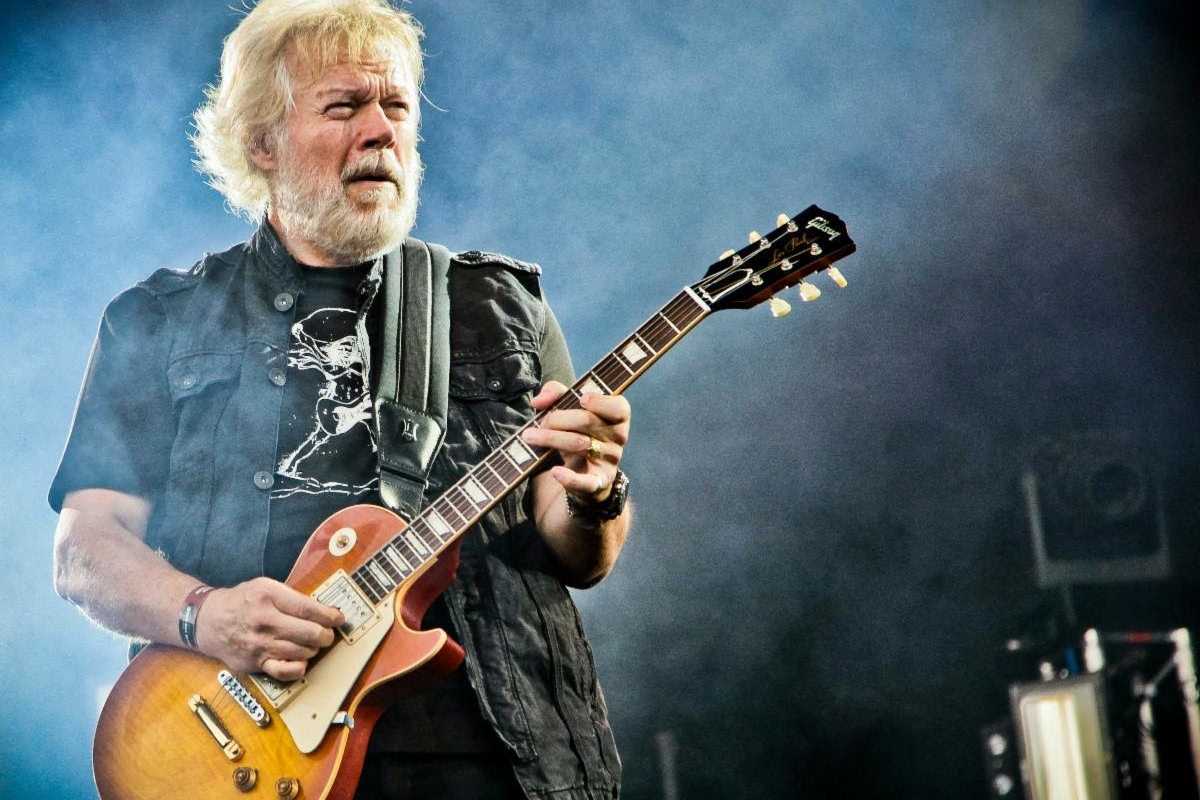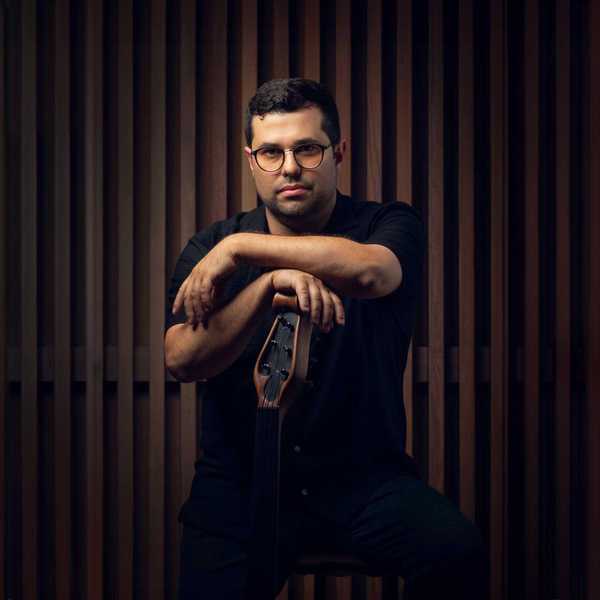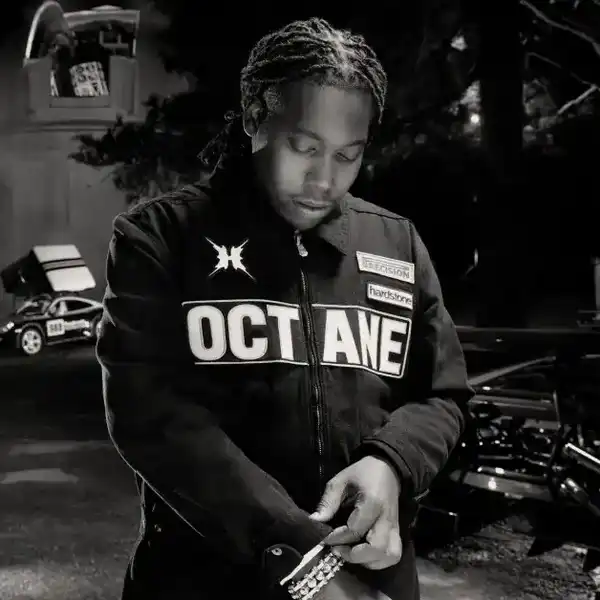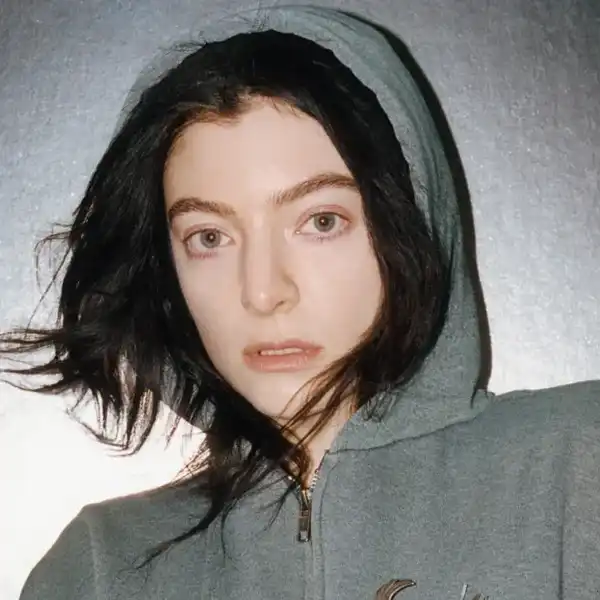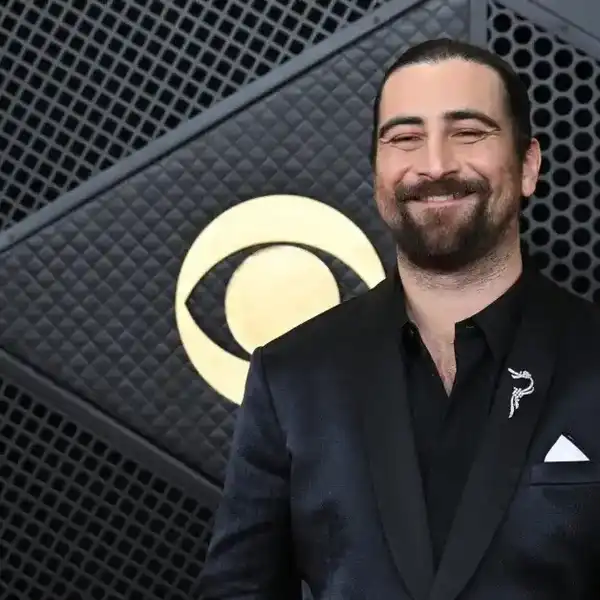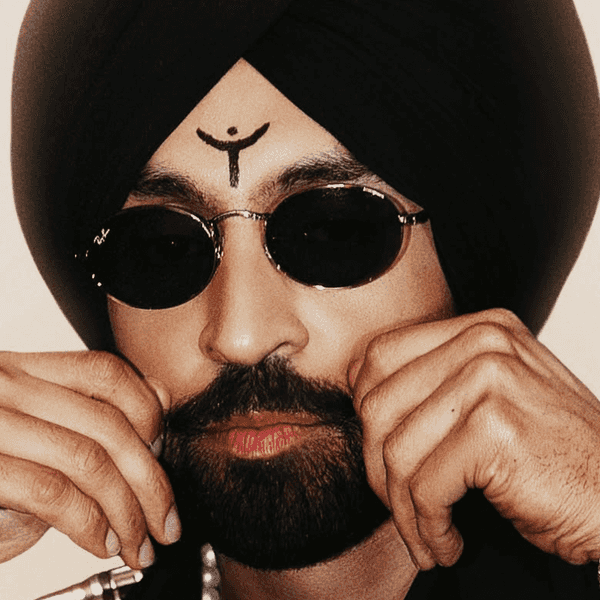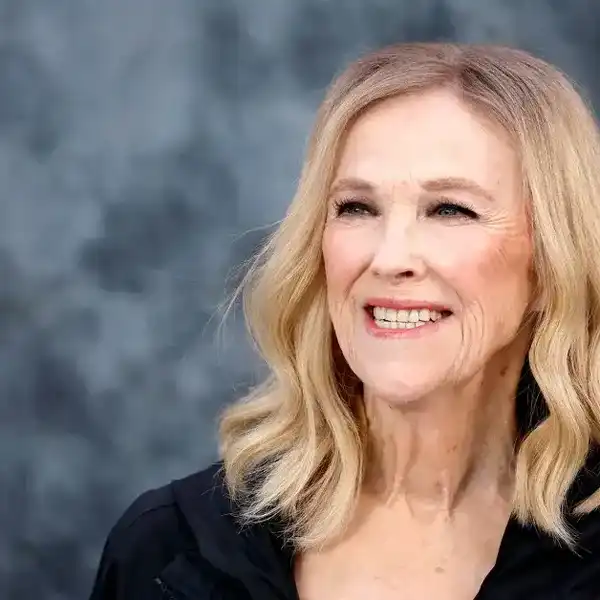Jessie Reyez Pitches Need For Diversity At Major Labels On CTV
In the wake of the anti-Black Racism protests, and Black Lives Matter movement finally getting world attention to affect long-overdue accountability and change, Toronto-born artist Jessie Reyez “im
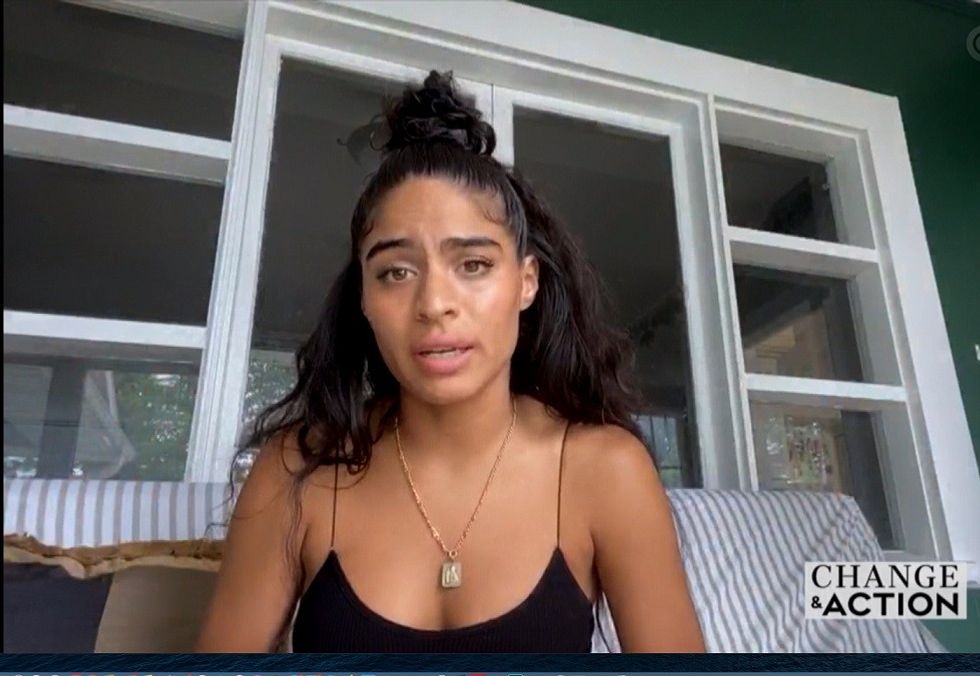
By Karen Bliss
In the wake of the anti-Black Racism protests, and Black Lives Matter movement finally getting world attention to affect long-overdue accountability and change, Toronto-born artist Jessie Reyez “implored” the heads of the three Canadian major labels to be “pioneers” and make changes to the makeup of their staff, which is predominantly white.
In a national television interview with Tyrone Edwards, for the CTV special Change & Action: Racism In Canada, which aired last weekend (June 13), the Colombian-Canadian singer-songwriter, who does not shy away from speaking her mind in her music or conversation, delivered these statistics: “Sony, it's 90 employees, but only eight are Black; at Warner, it’s 86 employees, only seven are Black; and at Universal, — I'm personally signed to Universal, but I'm going to be completely open about this — 175 employees, 11 Black people.”
She then added, “Out of those Black people, none of them are in executive positions or leadership positions, except one, Vivian Barclay at Warner Chappell [publishing] — one. She's the general manager. In the music industry in Canada — one. That's not acceptable.”
FYI Music News reached out to the label heads to verify the staff numbers and seek comment. Their encouraging responses, provided by their respective media relations departments, are below.
Warner’s staff total is slightly less than what Reyez’ quoted, 82, not 86, seven of whom are Black, including publishing’s Barclay; Sony, while not providing a specific figure, said the number of employees who are Black is higher than what was stated. Universal would neither verify nor correct Reyez’ numbers, explaining, “To protect the privacy of our employees, we do not publicly disclose this information” but “remain committed to implementing best practices to ensure diversity at all levels of our organization.”
Reyez, whose own career has taken off in the past three years, released her full-length debut, Before Love Came To Kill Us, on March 27, via FMLY/Island/UMG, and was out on the road supporting Billie Eilish on her world tour before it was postponed due to covid-19. She began her interview with Edwards by noting that Torontonians The Weeknd, Drake, and Tory Lanez are “some of the biggest names in Black music,” but “didn't really have a lot of help from Canada,” and instead built traction in the U.S. She seems perplexed as to why the majors in Canada aren’t investing more in Black music and Black employees given the amount of talent in the country.
“You take a step back and you see the potential of Black artists that are coming from Canada, that are coming the GTA [Greater Toronto Area, where the head offices are based], then you would think that labels would be putting more money and more effort because they see that potential coming from the Black community,” Reyez said. “The fact of the matter is that if there are so few Black employees and so many white people in power, but those white people aren't immersed in the culture, then how could I expect that they're going to see the potential in this kid that's rapping that's Black?
“If you're not immersed in that culture, I can't blame you for not believing in it,” she adds. “That's fine, but if your Black employee is putting their hand up and be like, ‘I believe in this kid, let's pull the trigger,’ but they have to say, ‘Mother, may I?’ because they're not in positions where they have the freedom to pull the trigger, then what do you expect? Do you think these artists are going to stay in Canada? Or do you think that the same thing's going to happen, where people had to leave and get more traction in the States?”
Asked and answered by Reyez.
But Reyez didn’t just go on national television to call people out. When Edwards ended her segment by asking the singer if she has a “reasonable but substantial action piece” for the Canadian music industry, the 29-year-old offered solutions or at least steps towards solutions that might take years to correct.
“I think that legislation regarding diversity in the boardrooms would be really beneficial. I think that maybe an independent body of people coming together to advocate for the Black community in the music industry in Canada would be really beneficial,” she said, before addressing the presidents of the Canadian major labels by name,” she says, before making a plea to the heads of the three majors by name.
“I just want to implore Shane Carter from Sony Music. I want to implore Jeffrey Remedios, who I know personally, at Universal and Steve Kane at Warner Music. Canada, if you guys are hearing this or watching this, you guys have right now in your hands the power to be pioneers; and to be legitimate allies, not allies in posting [black] squares, not allies in just posting statuses [on social media], but actual partners in this movement. You guys have the potential to be pioneers and actually bring people up and make a fundamental change so that in 10 years, our kids or your kids, or whoever doesn't have to go through the same thing that's going on right now.”
Canadian Major Labels respond:
Steve Kane’s personal statement:” I hear the voices of our artists and employees telling us we need to change, and we stand in solidarity with them. Following our participation in Blackout Tuesday, Warner Music Canada has had many honest and important internal conversations about how we can best support the Black community as a company. We want to be a force for positive systemic change and are committed to the actions required to make that a reality. Warner Music Canada has already committed to a number of internal actions, including mandatory equity and bias training courses for all staff, a review of our hiring practices, and the creation of a committee on equity in our workplace that will be made up of members of our diverse Warner Music Canada employees. We will work alongside our staff and artists to build upon these necessary efforts to create meaningful change for the Black community.”
Company statement: “Warner Music Canada has heard the powerful calls for change within the music industry. We recognize that there is a need for improvement and are have made a commitment to sustained action towards increased equity, diversity, and inclusion.”
Jeffrey Remedios’ personal statement (posted on Instagram): “While we return to business, it is not business as usual. I am proud that we are taking these next steps, but it’s with the acknowledgment that there are real flaws in our industry and our society. We have a problem, and we need to do better. For one, we need more BIPOC employees, especially at the executive level. I am committed to being a part of the solution, and I will work to ensure I bring real change. I implore you to both hold us accountable and ensure you also do your part.”
Company statement: “It has always been a goal for Universal Music Canada to stand in solidarity with our communities across the country. We use every experience that we go through as an opportunity to learn and improve from. We acknowledge that the Black community – including our employees and artists - are suffering, and we realize how important it is to stand alongside them in support - especially now. Following the industry’s participation in #BlackOutTuesday, UMC has been having many difficult and honest internal conversations about how we, as an organization, can do better to increase our overall support of the black community. It is not just about stepping up and representing with financial commitments but most importantly we will be making a commitment to be better educated with matters of systemic discrimination and social injustice. We will be sharing some first steps that we are taking towards bringing about real, lasting change in the weeks to come.”
Company statement: “Sony Music Entertainment Canada recognizes that this is a time for listening, learning, and action. As an organization, we are committed to urgent change and accountable action that continues to fully support diversity, equality, and inclusion within our community. We acknowledge the necessity of a meaningful transformation and are actively engaged with our employees and artists in order to create lasting change.” No personal statement provided.
Music Canada’s statement: "Music Canada and its members, Sony Music Entertainment Canada, Universal Music Canada and Warner Music Canada, have heard the calls for change within the music industry. We recognize that there is a need for improvement and are committed to sustained action in support of the values of equity, diversity and inclusion. With the support of our members, Music Canada will build upon efforts with greater urgency to create meaningful change for the Black community. To do so, Music Canada will continue to invest in and empower our Advisory Council to help shape a fairer future through education and accountability."

